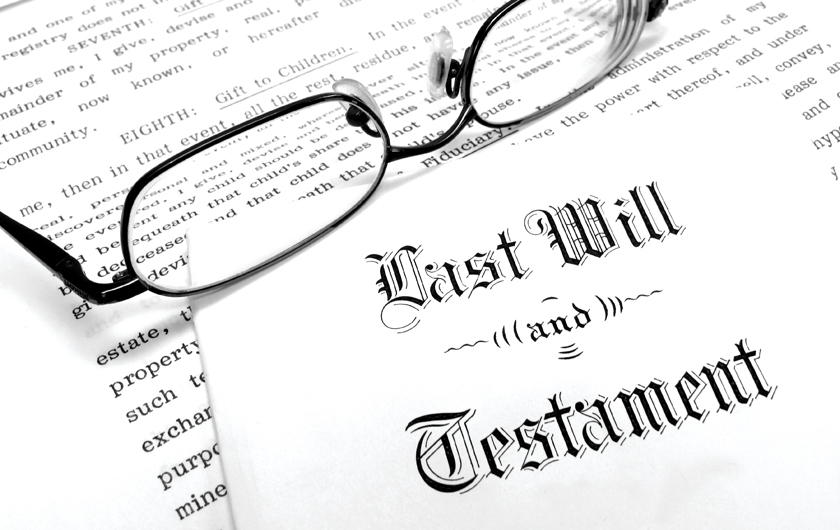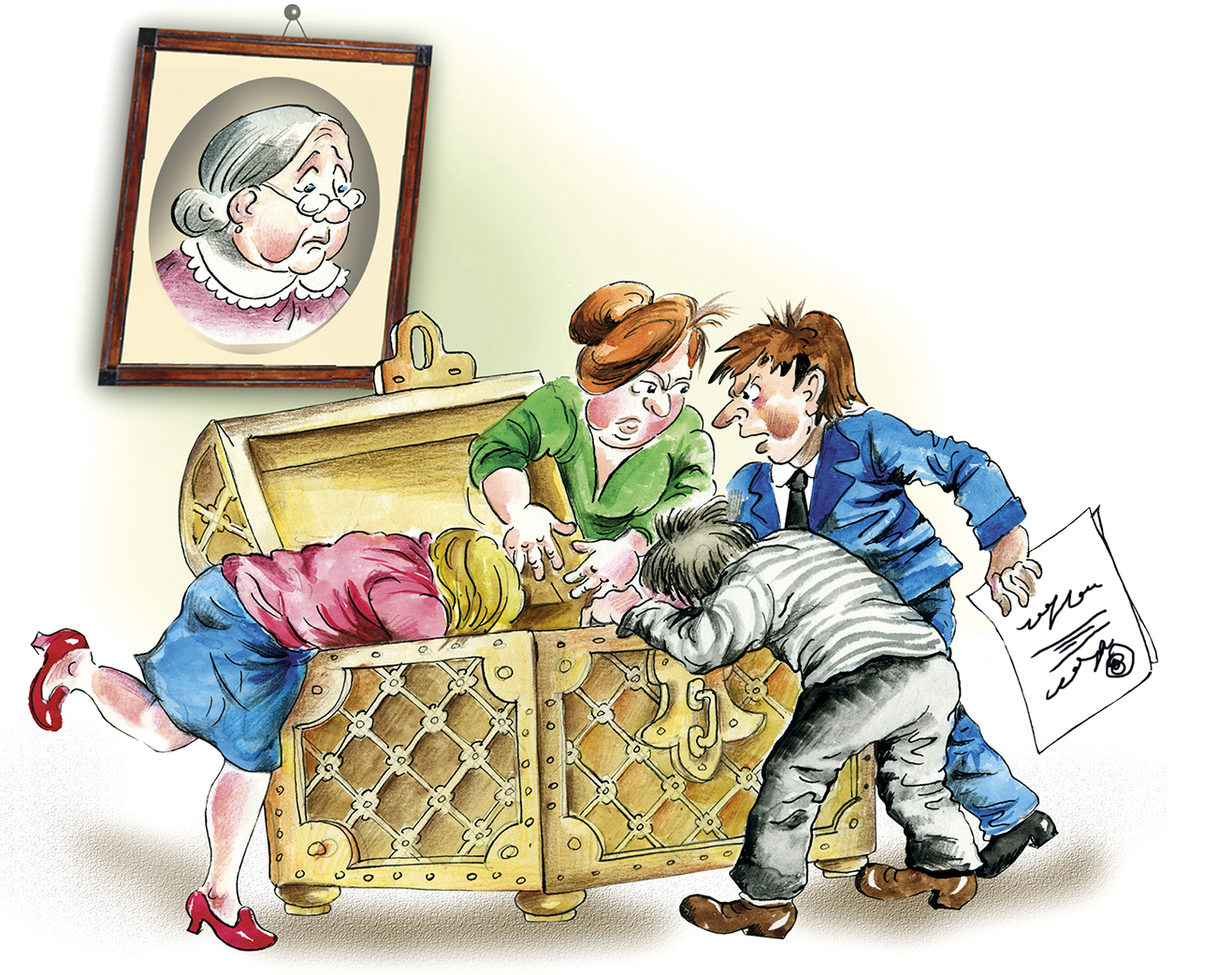A handwritten will is perfectly acceptable, but it helps to know under what conditions
A popular regular feature in Good Times magazine is “Your Questions,” where Olev Edur provides answers to questions from our readers regarding their rights, personal finance, and estate planning. Here’s one on handwritten wills.
Q. My wife and I live in Quebec. Can we make our own wills without incurring the costs of a lawyer? Our situation is very simple: we own a house and have a few investments, but we’d leave those to each other as long as one of us survives and the survivor would leave the remainder to specified charities, since we have no children.
A. Yes, you can create what is known as a holograph will in Quebec, and the requirements for it to be valid are quite simple. It must be handwritten—not typewritten, computer-generated, or based on a standardized form—clearly legible, and signed by you. (Holographic wills are also accepted in Alberta, Manitoba, New Brunswick, Newfoundland and Labrador, Ontario, and Saskatchewan.) The will doesn’t need to be dated, but this is recommended in case you want to change or replace it in future. No witnesses are required.
Your will could be as simple as a single sentence stating that you’re leaving everything to your spouse, but when it comes to the survivor leaving everything to specified charities, you must be a bit more careful. The names and addresses of each charity should be spelled out, and in allocating the proceeds, it may be safer to use percentages of your estate rather than dollar figures, since the dollar value of your estate will change over time. Make sure someone other than yourselves knows of the existence and location of the will(s).
You can also leave the document(s) with a lawyer or, in Quebec, a notary; a notary will register them (for a fee) with the Quebec chamber of notaries and the provincial Bar.
Photo: iStock/eric1513.






